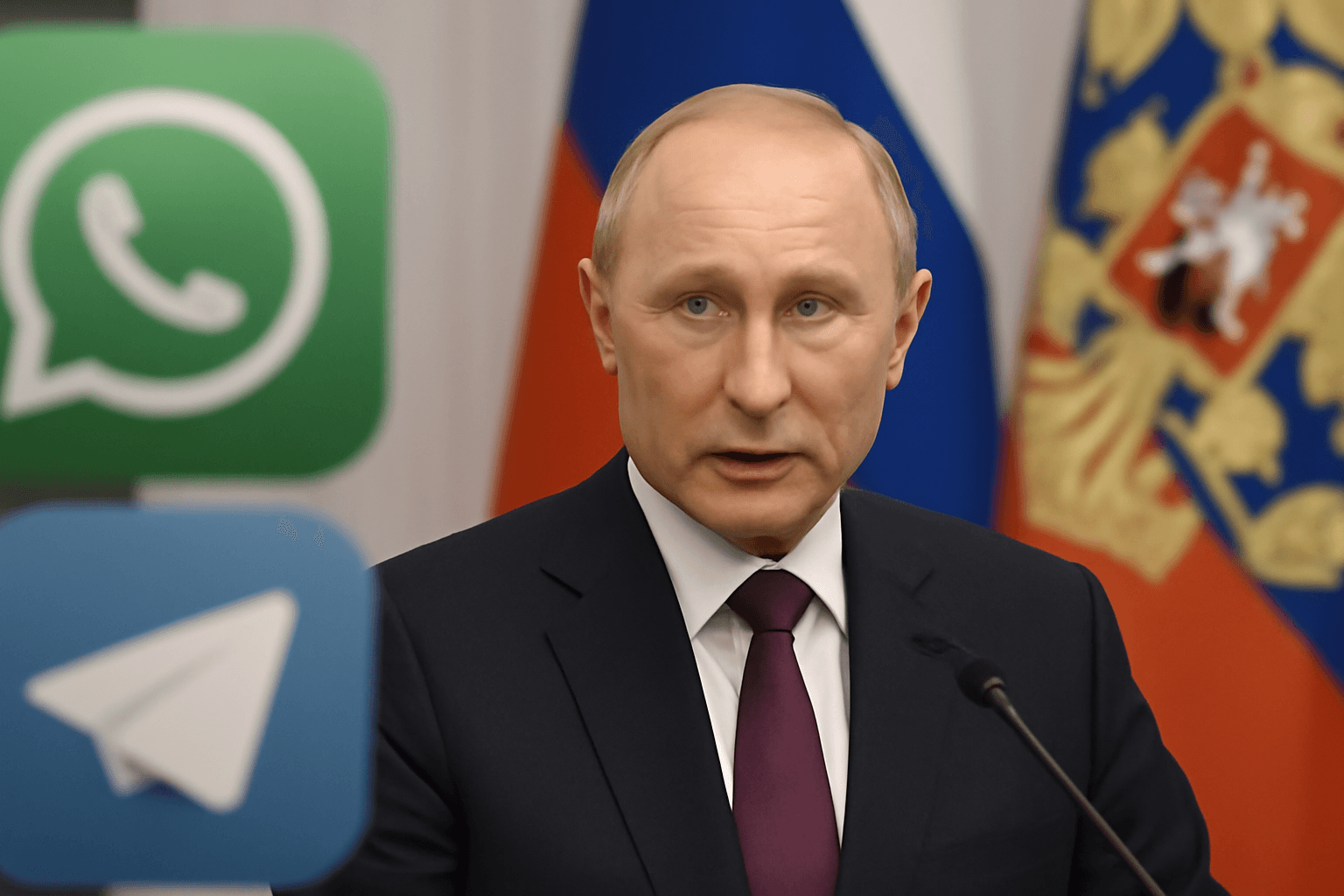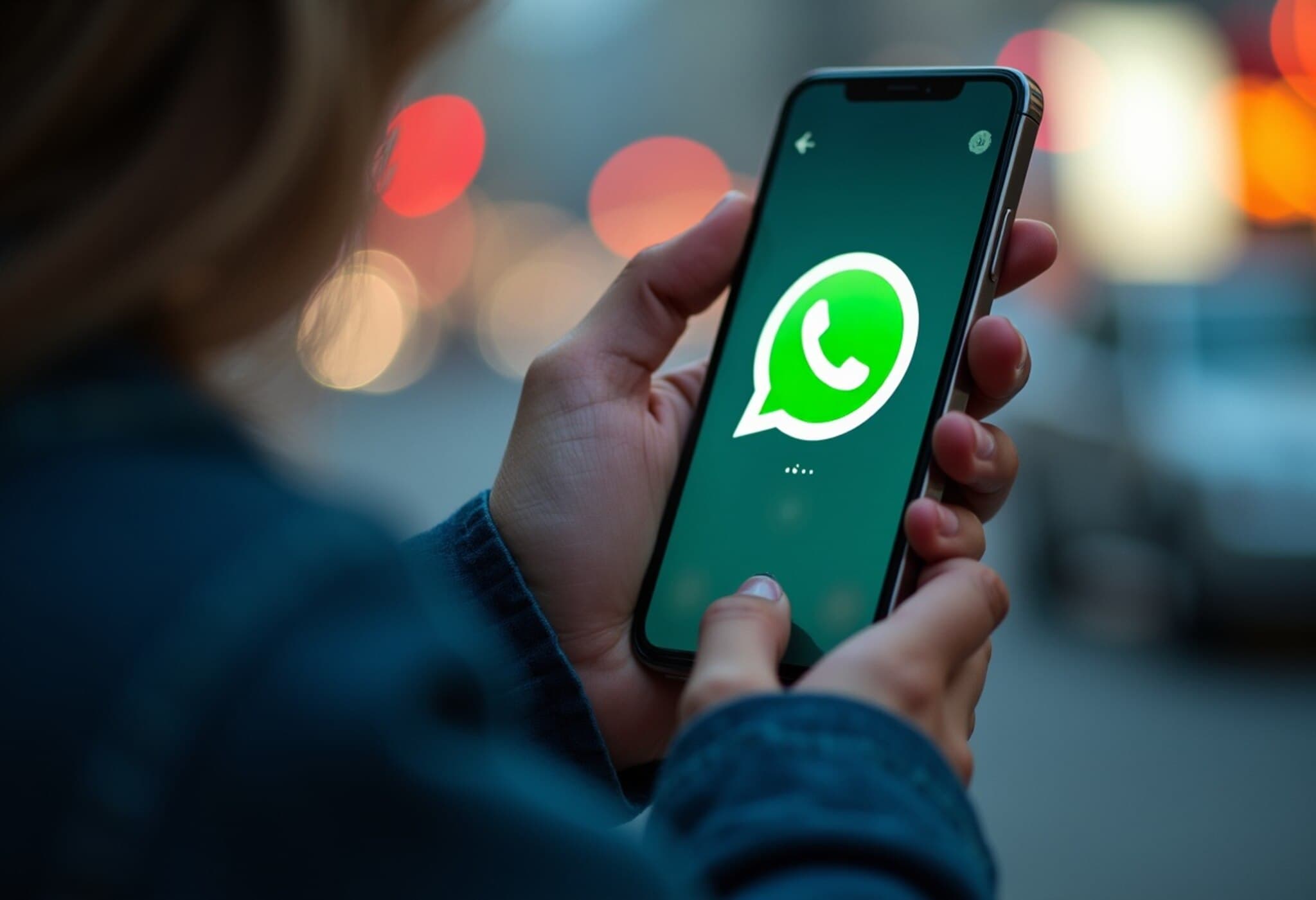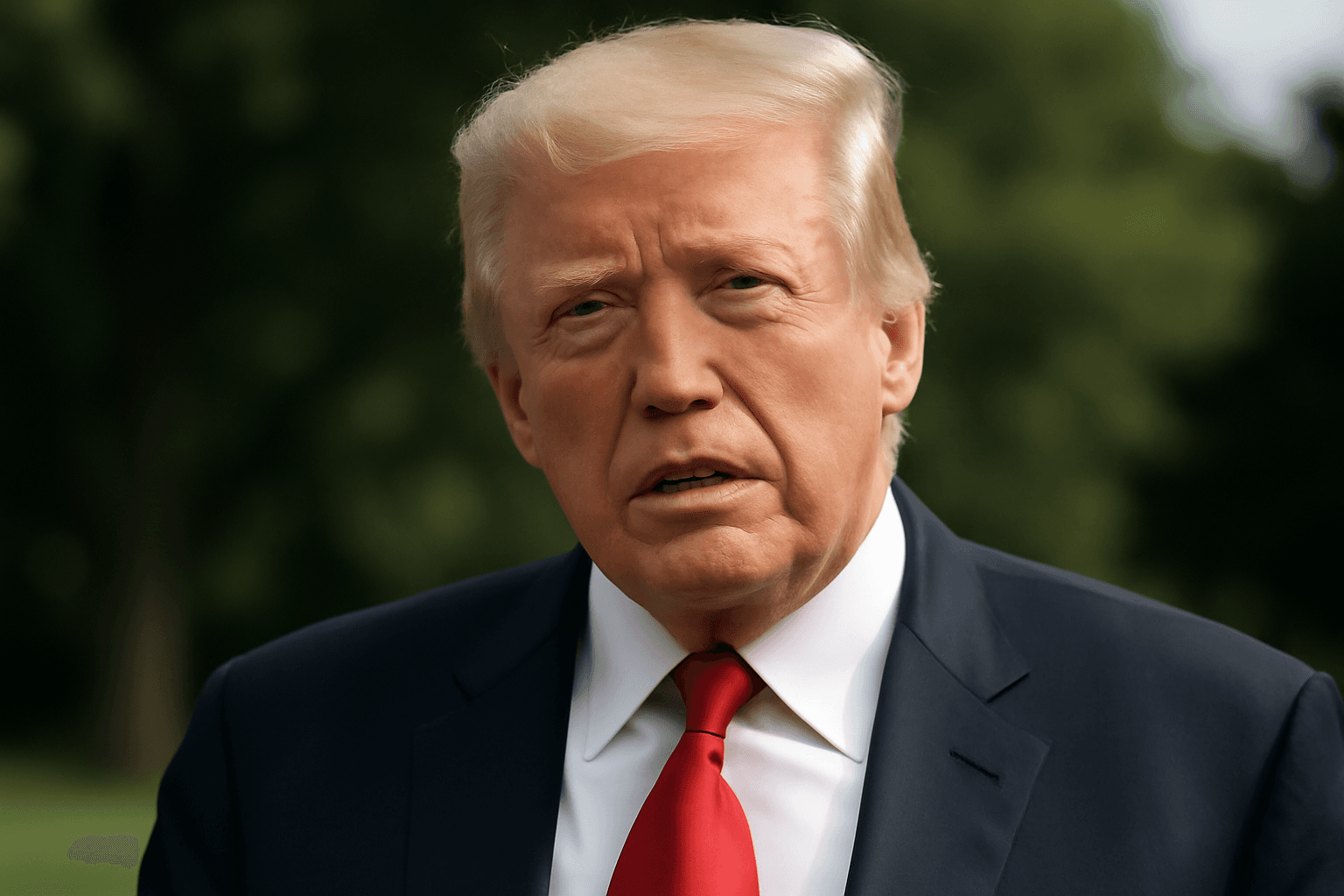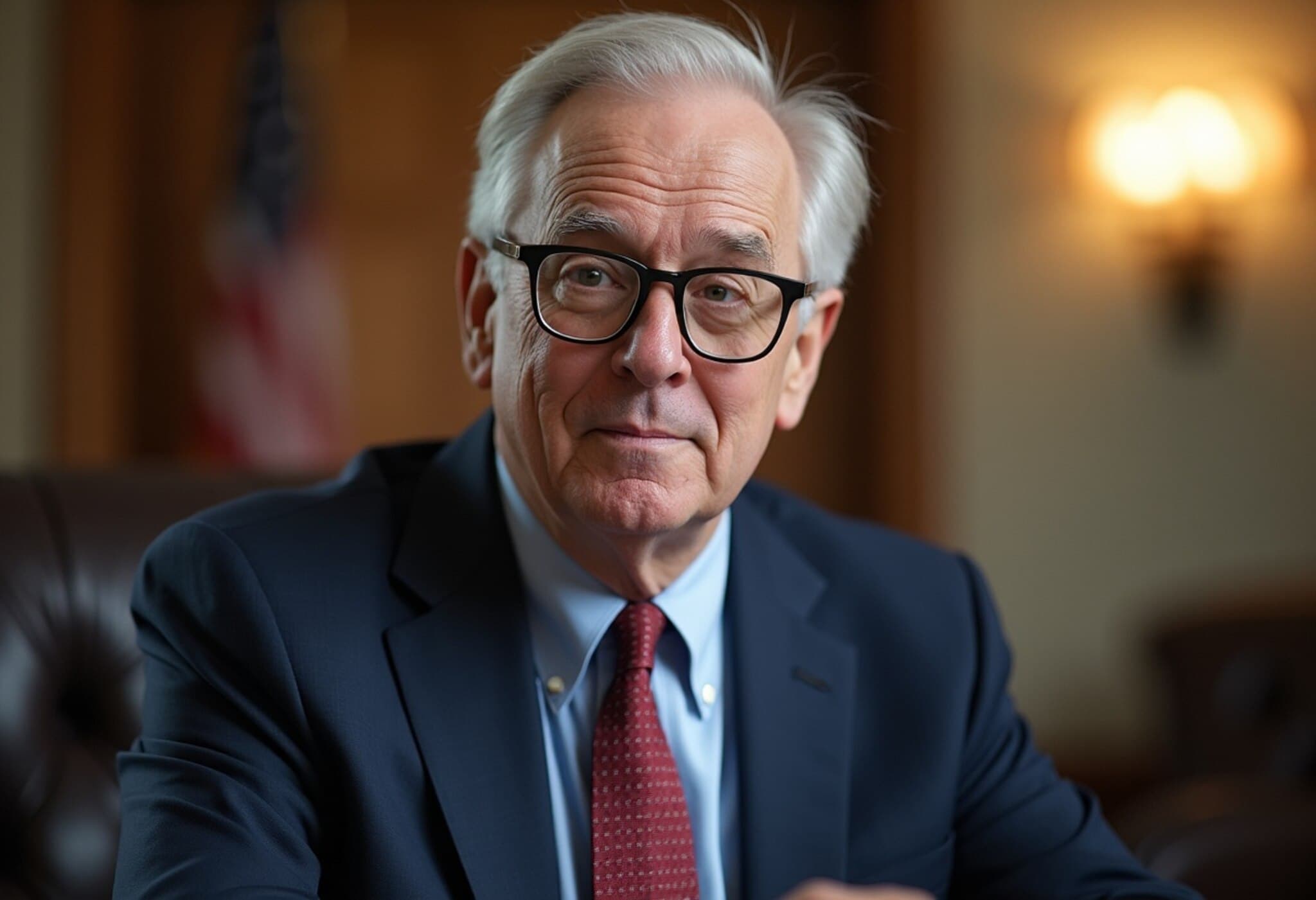Russia Tightens Controls on WhatsApp and Telegram Over Security Concerns
In a decisive move reflecting the Kremlin's increasing efforts to dominate its digital landscape, Russia has imposed restrictions on two of the world's most popular encrypted messaging platforms — WhatsApp and Telegram. The country's digital watchdog accuses these foreign-owned services of facilitating sabotage and terrorist activities, alleging that their operators have refused to cooperate with law enforcement agencies in sharing critical information.
The Kremlin’s Digital Sovereignty Drive
Russia’s tensions with international technology companies have been building over issues like data storage compliance and content governance. However, these frictions intensified dramatically following Russia's invasion of Ukraine in early 2022, as the government has sought to consolidate control over the internet inside its borders through what officials describe as “digital sovereignty.”
President Vladimir Putin has publicly endorsed the development of a state-run messaging platform designed to integrate government services and reduce dependence on foreign tech giants. This government-backed alternative aims to offer a controlled communication environment purportedly safer from external interference.
WhatsApp and Telegram Respond: Encryption vs. State Control
WhatsApp, renowned for its end-to-end encryption, issued a strong defense, emphasizing its commitment to users' rights to private and secure communication. "WhatsApp is private, end-to-end encrypted, and defies government attempts to violate people’s right to secure communication, which is why Russia is trying to block it from over 100 million Russian people," the company stated. It renewed its pledge to maintain encrypted access worldwide, even in countries with restrictive regimes.
Meanwhile, Telegram highlighted its vigorous moderation efforts using artificial intelligence to monitor public channels, swiftly removing content that promotes violence, sabotage, or fraud. The platform insists it actively combats misuse to protect its community.
Implications for Russian Internet Users and Global Digital Rights
For the tens of millions of Russians relying on these platforms for daily communication, business, and news, restrictions signal a shrinking digital space free from government oversight. Experts warn such measures could drive users toward less secure or more tightly controlled alternatives, complicating access to uncensored information.
From a broader perspective, Russia’s move underscores a global trend of countries prioritizing digital sovereignty, often at the expense of cross-border data flows and privacy. The tensions between encrypted platforms and state security demands raise critical questions about the future of privacy, free expression, and international cooperation in cyberspace.
Expert Insights
- Cybersecurity Analyst Maria Ivanova: "Russia’s push to restrict foreign encrypted apps is a calculated strategy to increase surveillance capabilities and quell dissent. While stated as anti-terrorism measures, these restrictions serve broader political control agendas."
- Digital Rights Advocate Tom Reynolds: "The battle over encryption is global but plays out starkly in authoritarian contexts. Blocking apps like WhatsApp jeopardizes not only privacy but also civil society's ability to organize and access reliable information."
- Tech Policy Specialist Dr. Linda Chen: "Developing state-controlled platforms might offer some digital sovereignty, but often these come at the cost of transparency and user trust, making them less appealing over time."
What’s Next?
As Russia expands its digital firewall, the world watches closely. Will users find ways around restrictions through VPNs or alternative technologies? Or will this mark a deeper fragmentation of the internet into national silos with increasingly incompatible rules?
Key Questions Raised
- How will these restrictions impact the everyday lives of Russian citizens in terms of information access and expression?
- What legal avenues remain for international platforms facing such regulations in authoritarian states?
- Could the rise of government-controlled messaging services set a precedent for other nations prioritizing 'digital sovereignty' over open Internet principles?

















